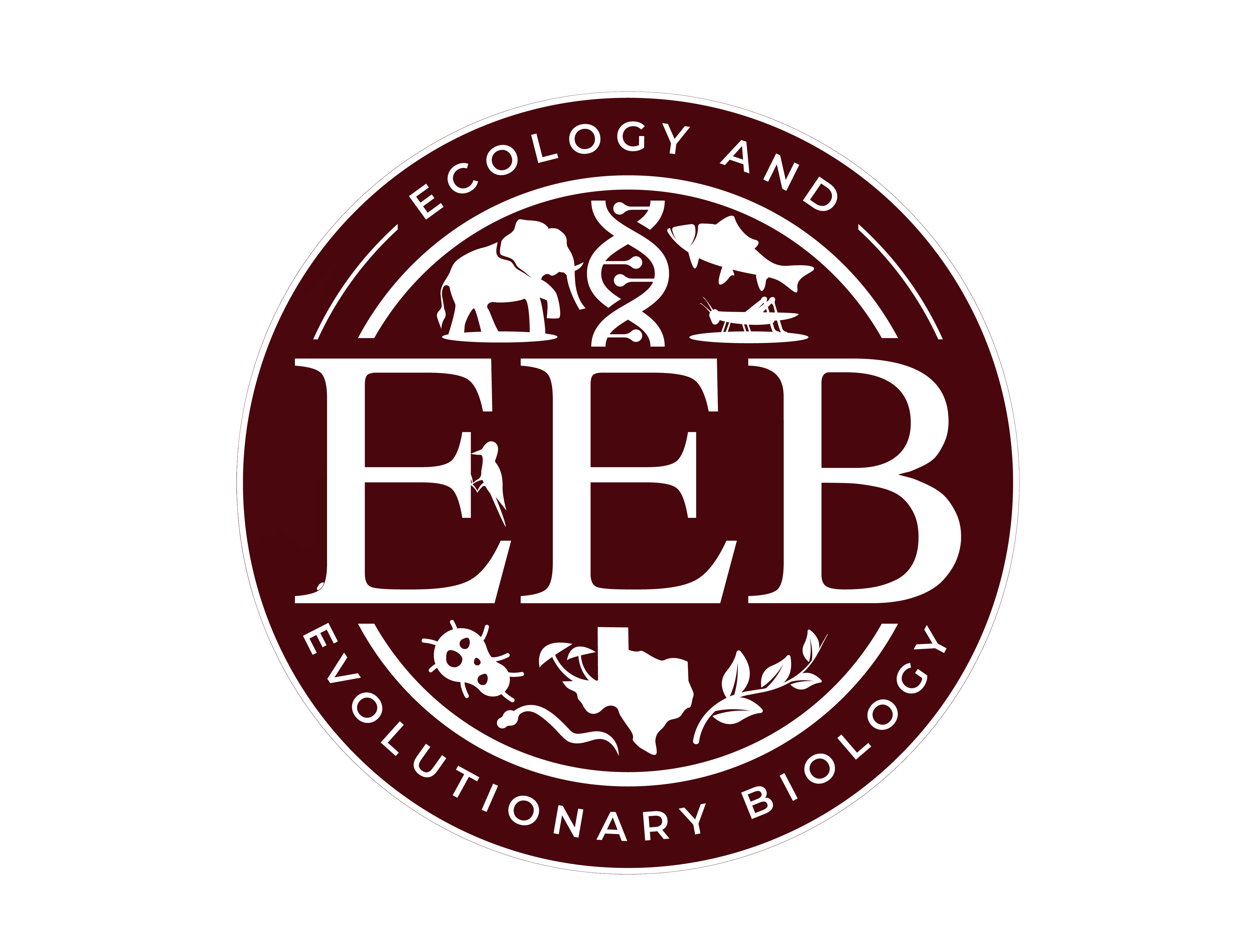Title:
Transposable elements and the evolution of the very large genomes of conifers
Presented by Dr. Claudio Casola, Assistant Professor of Forest Genomics, Department of Ecosystem Science and Management, Texas A&M University
Abstract: The majority of eukaryotic genomes is riddled with transposable elements (TEs), a group of ‘parasitic’ repetitive sequences capable of mobilizing and amplifying themselves in the host nuclear DNA. The accumulation of TE copies is a major driver of genome expansion in animals and plants, where up to 80% of the DNA in the nucleus can be occupied by TEs. One of the key determinants of TEs success in eukaryotes is their ability to jump across species boundaries and invade new taxa. Several of these TE horizontal transfers have been documented within vertebrates, insects and angiosperms, but no trans-kingdom horizontal transfer event has been described thus far. In this talk, I will present evidence supporting the transfer to conifers of a TE group called Penelope-like elements, or PLEs, which was previously known to occur only in animals. Phylogenetic analyses suggest that PLEs have been transferred to a common ancestor of all conifers from a yet unidentified group of arthropods around 300 million years ago. This and other TE horizontal transfers could have significantly contributed to the genome expansion that characterized the evolution of early conifers and is reflected in the current exceptionally high DNA content of this group of seed plants.
About this speaker: Dr. Claudio Casola leads the Forest Genomics lab in the Department of Ecosystem Science & Management. Research in the Casola’s lab blends computational and molecular biology approaches, and is mainly focused on the evolution of genes and genomes in gymnosperms, the genetic basis of adaptation in loblolly pine and other pine trees, and the application of genomic tools to tree improvement programs in the Southeastern United States.


